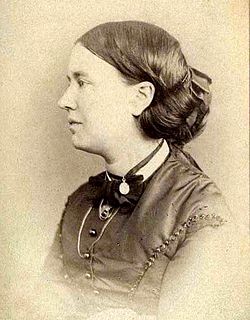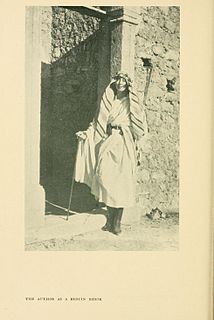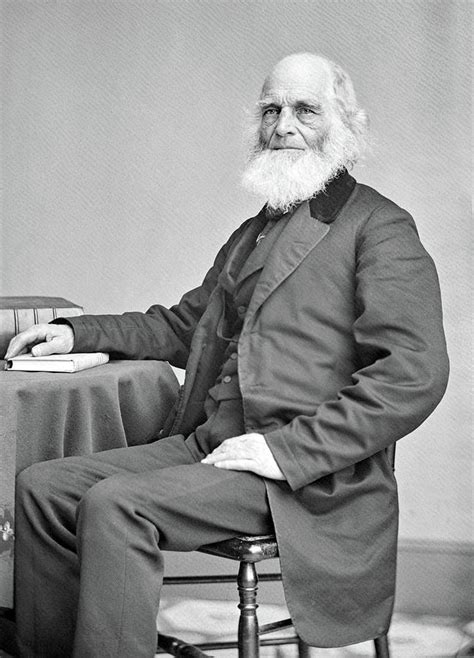A Quote by George Herbert
Related Quotes
O vanity, how little is thy force acknowledged or thy operations discerned! How wantonly dost thou deceive mankind under different disguises! Sometimes thou dost wear the face of pity; sometimes of generosity; nay, thou hast the assurance to put on those glorious ornaments which belong only to heroic virtue.
Think not so much of what thou hast not as of what thou hast: but of the things which thou hast, select the best, and then reflect how eagerly they would have been sought, if thou hadst them not. At the same time, however, take care that thou dost not, through being so pleased with them, accustom thyself to overvalue them, so as to be disturbed if ever thou shouldst not have them.
Why dost thou heap up wealth, which thou must quit,
Or what is worse, be left by it?
Why dost thou load thyself when thou 'rt to fly,
Oh, man! ordain'd to die?
Why dost thou build up stately rooms on high,
Thou who art under ground to lie?
Thou sow'st and plantest, but no fruit must see,
For death, alas! is reaping thee.
What is thy thought? There is no miracle?
There is a great one, which thou hast not read,
And never shalt escape. Thyself, O man,
Thou art the miracle. Ay, thou thyself,
Being in the world and of the world, thyself,
Hast breathed in breath from Him that made the world.
Thou art thy Father's copy of Himself,--
Thou art thy Father's miracle.
Compassionate Saviour! We welcome Thee to our world, We welcome Thee to our hearts. We bless Thee for the Divine goodness Thou hast brought from heaven; for the souls Thou hast warmed with love to man, and lifted up in love to God; for the efforts of divine philanthropy which Thou hast inspired; and for that hope of a pure celestial life, through which Thy disciples triumph over death.
Thou silent power, whose welcome sway charms every anxious thought away; in whose divine oblivion drown'd, sore pain and weary toil grow mild, love is with kinder looks beguiled, and Grief forgets her fondly cherish'd wound; oh, whither hast thou flown, indulgent god? God of kind shadows and of healing dews, whom dost thou touch with thy Lethaean rod? Around whose temples now thy opiate airs diffuse?





































